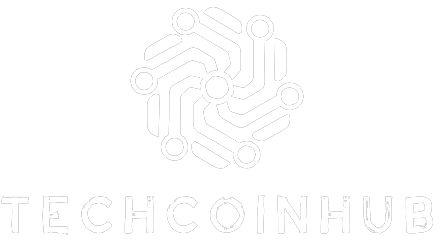Artificial Intelligence (AI) has been rapidly advancing in recent years and its impact on various industries, including the workplace, cannot be underestimated. AI refers to the development of computer systems that are capable of performing tasks that would typically require human intelligence, such as problem-solving, decision-making, and even learning. As AI continues to evolve, it is poised to revolutionize the way we work and shape the future of employment.
Automation and Job Displacement
One of the primary impacts of AI on the future of work is the automation of routine and repetitive tasks. AI-powered machines and systems can efficiently carry out these tasks with precision and speed, potentially eliminating the need for human involvement. This, in turn, may result in job displacement for individuals whose roles can be easily automated. Industries heavily reliant on manual labor, such as manufacturing and transportation, are particularly susceptible to this shift.
While some fear that AI will lead to mass unemployment, others argue that it will simply transform jobs rather than render them obsolete. As routine tasks are automated, it is expected that there will be a greater demand for humans to focus on tasks requiring creativity, critical thinking, problem-solving, and emotional intelligence. Therefore, the skillsets required for certain roles may change, necessitating a shift in the workforce’s skill development and training.
New Job Opportunities and Technological Advancements
Although AI may displace some roles, it also opens up avenues for new job opportunities and career paths. With the development and deployment of AI systems, there will be a growing demand for individuals with expertise in AI-related fields, such as data science, machine learning, and robotics. Companies will require professionals who can design, implement, and maintain AI systems, ensuring their effectiveness and ethical use.
Moreover, as AI continues to evolve, it is expected to facilitate the emergence of entirely new industries and professions. The integration of AI in healthcare, finance, cybersecurity, and customer service, among others, will create a demand for individuals with specialist knowledge in these areas. The future of work will likely involve collaboration between humans and AI systems, with AI serving as a tool to enhance human capabilities rather than replace them entirely.
Impact on Skill Development and Continuous Learning
In order to adapt to the changing nature of work driven by AI, individuals will need to prioritize skill development and continuous learning. As AI automates routine tasks, there will be a greater need to acquire and enhance skills that are not easily replicable by machines. Skills such as critical thinking, creativity, complex problem-solving, adaptability, and emotional intelligence will become increasingly valuable in the workplace.
Furthermore, reskilling and upskilling will become imperative as the demand for AI-related roles increases. Organizations and educational institutions will need to provide opportunities for individuals to gain the necessary knowledge and expertise, both through formal education and lifelong learning programs. Governments may also play a role in facilitating and incentivizing skill development initiatives to ensure a smooth transition in the labor market.
Conclusion
The impact of Artificial Intelligence on the future of work is undeniable. While it may lead to the displacement of certain job roles, it also creates new opportunities and the potential for economic growth. The workforce of the future will require individuals to possess a blend of technical and uniquely human skills. Governments, organizations, and individuals must proactively adapt to this changing landscape by fostering a culture of continuous learning, reskilling, and upskilling. By embracing AI and leveraging its capabilities, we can navigate this transformative era and shape a future where humans and machines work together harmoniously.

